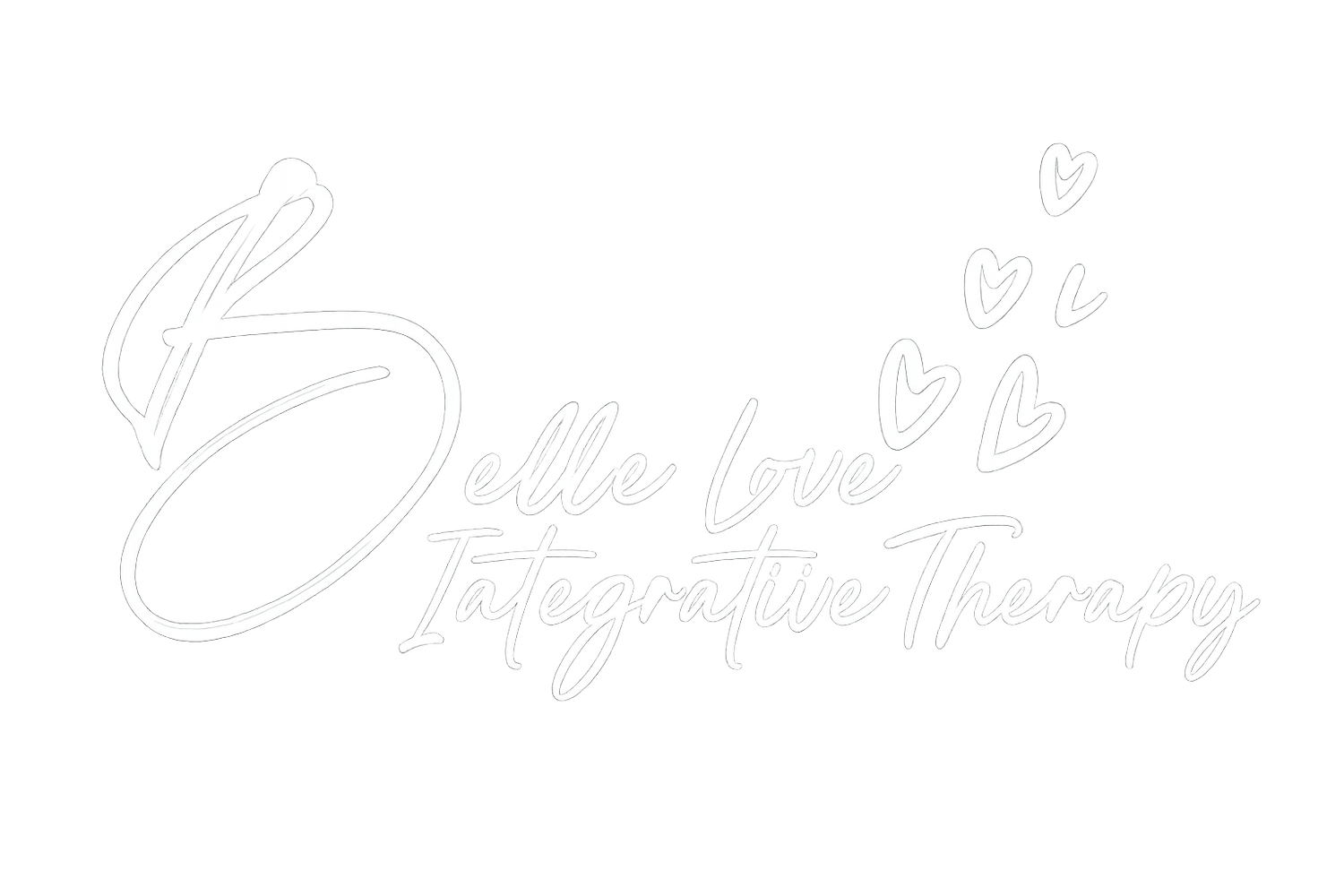Part 2: Shadow Work for People Living Beyond the Norm
From Poly-Affirming Therapy to Shadow Work
In Part 1, I explored how finding a poly-affirming therapist matters for people in ethically non-monogamous (ENM) and relationship-diverse communities. Many of my clients in ENM relationships tell me that while being affirmed is crucial, there is a deeper layer of work: learning to accept all parts of themselves, even those they feel pressure to keep hidden.
This is where shadow work becomes important. The shadow self, a concept from Jungian psychology, refers to the parts of ourselves we repress, deny, or keep quiet because they were labelled as too much, not enough, or wrong. Shadows can show up as jealousy, anger, or fear, but they also include joy, sensuality, creativity, or intuition.
For people in ENM relationships, these shadows often take the form of internalized stigma, shame, or the belief that their desires for love and connection are selfish or abnormal. But ENM is not the only community where this dynamic unfolds. Another vivid example of a shadow culture is the rave and festival scene.
Why Rave and Festival Culture Belongs in Shadow Work
Like ENM, rave and festival culture exists on the edge of mainstream acceptance. Outsiders may see only hedonism, chaos, or escapism. Insiders know these spaces differently: as communities of belonging, freedom, and transcendence.
On the dance floor, people often express sides of themselves that feel unsafe or judged in daily life. Joy, playfulness, sensuality, altered states of awareness, and deep vulnerability often find expression in these environments. When returning to everyday routines, those same parts can slip back into the shadows, leaving people feeling fragmented or ashamed of their most authentic expressions.
Shadow work helps bridge that gap. It creates space to explore questions such as:
What parts of me come alive in festival spaces?
What do I silence when I step back into daily routines?
What would it mean to carry those authentic parts with me everywhere?
The Benefits of Shadow Integration
Clients who explore their shadow through therapy often discover:
Emotional clarity – Understanding where emotional reactions and shame cycles come from
Authentic relating – Reducing projection and building deeper trust in polycules or partnerships
Self-trust – Reclaiming intuition, sensuality, or assertiveness once suppressed
Identity integration – Supporting transformation during major life shifts, from grief to postpartum to personal awakening
From my own lived experience as a single mother, trauma survivor, and someone who has spent decades immersed in rave and festival culture, I know these spaces can hold both the light and the dark. Shadow work is not about erasing these contrasts but about integrating them to live with more resilience and self-compassion.
How I Bring Shadow Work into Poly-Affirming Therapy
At Belle Love Integrative Therapy, shadow integration is a key component of my support for clients who live outside the norm, whether in ENM relationships, rave/festival culture, or both. My approach combines:
Somatic grounding to stay embodied during emotional exploration
Existential dialogue to unpack meaning, purpose, and identity
Emotionally Focused Therapy (EFT) to strengthen relational bonds
CBT and Solution-Focused tools to create structure and actionable steps
Creative practices such as journaling, dream tracking, or reflecting on music and movement experiences
The Shadow Is Not the Enemy
Just as festival spaces hold both dazzling lights and deep bass, shadow work teaches us to embrace both our luminous and hidden parts. For those in ENM relationships or immersed in rave culture, the shadow is not a flaw. It is a vital part of authenticity. You are not broken. You are multifaceted, evolving, and worthy of healing that honours all of who you are.
If you missed it, start with Part 1: How to Find a Poly-Affirming Therapist Who Truly Gets You to learn how to choose an affirming therapeutic fit.
FAQs: Shadow Work, ENM, and Festival Culture
Q1: What is shadow work in therapy?
It is the practice of exploring and integrating the parts of yourself you have hidden, denied, or repressed due to judgment or stigma.
Q2: How does shadow work connect to ENM and rave culture?
Both ENM and rave/festival culture are often misunderstood by mainstream society. Shadow work helps people in these communities integrate joy, love, freedom, or creativity without shame.
Q3: Is shadow work only for people in alternative communities?
No. Shadow work can benefit anyone, but it is especially powerful for those in communities living beyond the norm.
Q4: What techniques support shadow integration?
Therapists may use somatic grounding, EFT, existential dialogue, CBT, solution-focused practices, and creative methods such as journaling or music reflection. At Belle Love, I use a person-centred frame as the foundation, which means your experiences and values guide the process. I integrate structured tools when helpful, but always return to empathy, authenticity, and unconditional positive regard as the core. This creates space for you to safely explore hidden parts of yourself while staying grounded in your own autonomy and truth.
Suppose you are ready to explore your shadow self and integrate the parts that come alive in festival spaces or alternative relationships. In that case, I’d be honoured to walk alongside you on your journey.
Warm regards,
Belle Love

